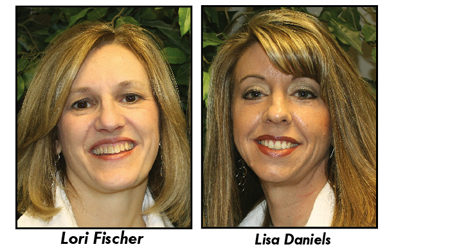The President signed into law the Patient Protection and Affordable Care Act (PPACA) on March 23, 2010. PPACA implements health care changes that will affect individual and employer-sponsored health plans. Provisions began taking effect six months after the signing of the Act and there are many other provisions that will take effect over the next several years. Following are some of the provisions of the legislation taking effect in 2013 and 2014 (this listing is not all inclusive):
2013
• Employer Provided Notice Regarding Health Insurance Exchanges – originally due by March 1, 2013, distribution has been delayed until late summer or fall of 2013.
• Health FSA Contribution Limits – limited to $2,500 annually.
• W-2 Reporting – employers that issued more than 250 W-2’s in 2011 must report the value of their employee’s health benefits on the 2012 W-2 issued in 2013.
• Medical Device Tax – manufacturers and importers of certain medical devices will be assessed a 2.3% excise tax.
• Comparative Effectiveness Tax – a fee will be placed on insurance policies to fund comparative effectiveness research.
2014
• 90-Day Limitation on Waiting Periods – employers may not apply any waiting period for eligibility that exceeds 90 days.
• Availability of Health Insurance Exchanges – exchanges begin operating as an option for individuals and small business to buy insurance.
• Coverage of Essential Health Benefits – non-grandfathered plans (inside and outside of exchanges) must cover core benefits and services known as essential health benefits.
• Fee on Health Insurance Providers – in 2014 fees are $8 billion (fees continue to $11.3 billion in 2015 & 2016, $13.9 billion in 2017, $14.3 billion in 2018 and indexed to medical cost growth thereafter).
• Employer Shared Responsibility “Pay or Play” – employers with 50 or more full-time equivalent employees (based on 30 hours per week) will be assessed penalties for not offering health coverage. This provision of the mandate is very complex.
• Individual Mandate – most U.S. citizens and legal residents must obtain health insurance or pay a tax penalty.
• Premium Subsidies – tax credits to individuals & families with incomes above Medicaid eligibility and below 400% of the Federal Poverty Level will be available to buy coverage through state based exchanges.
Beyond 2014
• There are several other provisions that will take effect beyond 2014 through 2020.
For further information please contact Lisa Daniels or Lori Fischer, Vice-Presidents with Benefit Professionals, Inc. Lisa and Lori can be contacted at (402) 592-7777 or by email at ldaniels@benefitprofessionals.net or lfischer@benefitprofessionals.net.

